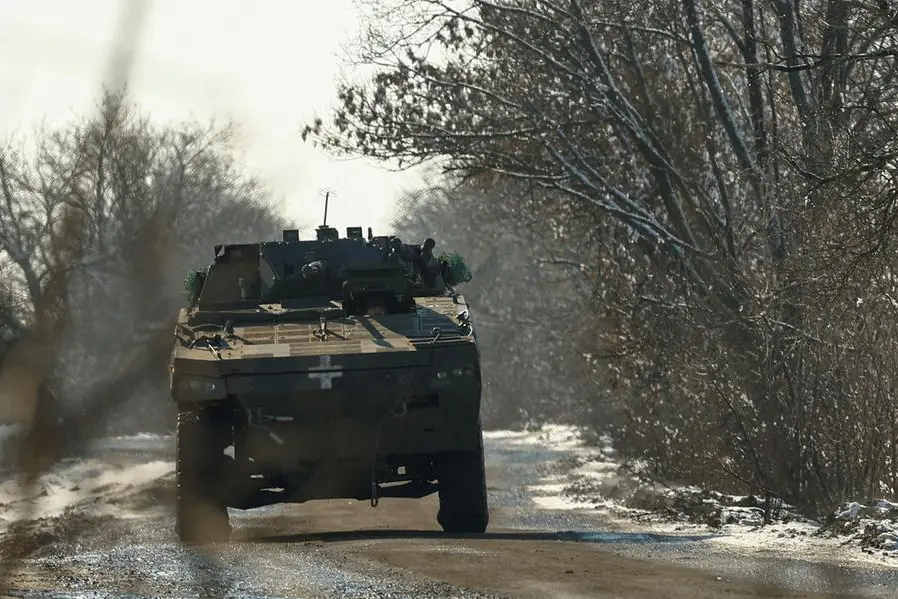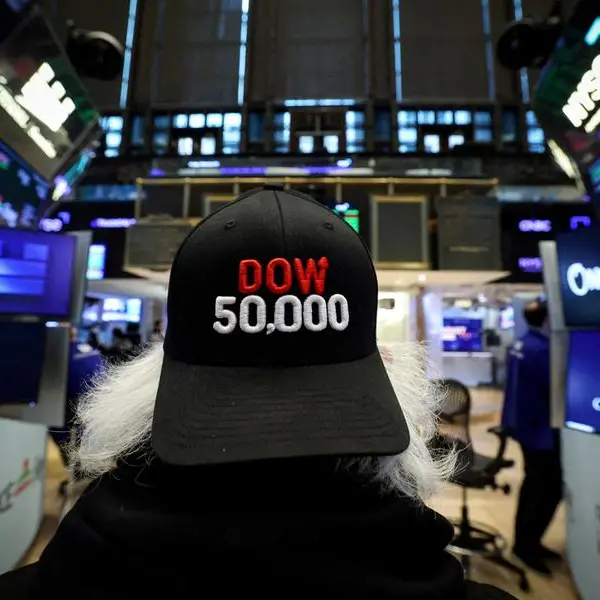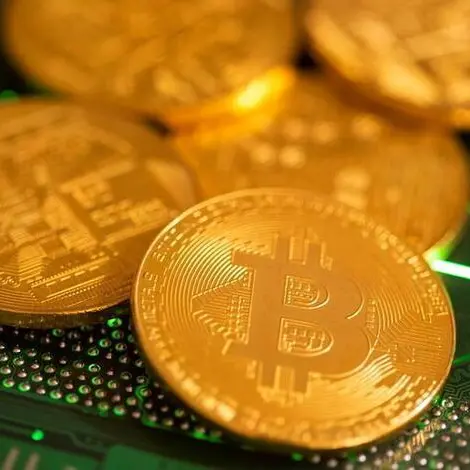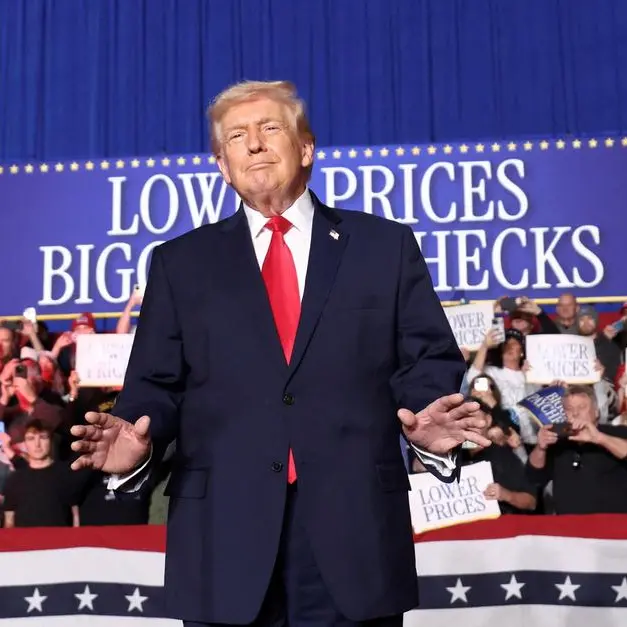PHOTO
LONDON - Ukraine's international investors have been left in shock after seven days of increasingly hostile rhetoric from U.S. President Donald Trump toward the country and its leader Volodymyr Zelenskiy have forced many to reconsider what may now lie ahead.
The war-torn country's bonds have suffered their heaviest losses in well over a year in recent days after Trump's shock move to speak directly to Russian President Vladimir Putin last week was compounded on Wednesday when he branded Zelenskiy a "dictator".
For politicians and investors alike it has raised doubts about the kind of peace deal Kyiv could be asked to swallow and whether it will be much different from the post-Crimea Minsk agreements that failed to prevent 2022's follow-up Russian invasion.
"Trump is not indicating in any form that the resolution will be a good one in any way for Ukraine," said Daniel Moreno, head of emerging market debt at investment firm Mirabaud, that does not currently hold Ukrainian debt. "The future of Ukraine looks a lot more murky than it did a few weeks ago."
A key worry for Moreno and many other creditors is that a flimsy peace deal without the necessary security reassurances would make international institutions and private investors less likely to pour money into rebuilding Ukraine.
Analysts at JPMorgan estimated the reconstruction needs are at a minimum $35 billion a year over the next 10 years, although it could be up to $50 billion given Russia's intense bombardments of energy infrastructure over the last year.
Ukraine's GDP warrant - which pays out more if the economy grows strongly - has been hammered particularly hard as those reconstruction doubts have emerged.
The bonds it restructured last year and now included so-called 'step up' payments for when growth outperforms have suffered too.
They have shed as much as 7 cents or roughly 10% over the last week. Still, for now, they remain more than 14 cents above the level just before Trump’s November re-election and over the last year they have returned investors a staggering 70% - bettered only by two other highly idiosyncratic cases, Lebanon at 234% and Argentina at 84%.
DEAL OR NO DEAL
Viktor Szabo, a portfolio manager with abrdn, which is invested in Ukraine, acknowledged that Trump's actions over the last week have increased the risks.
"It raises the odds that Ukraine will not accept whatever deal Trump and Putin come up with," he said, adding that if Trump's demands for elections in Ukraine are realised it opens up the possibility of popular army chief Valeriy Zaluzhnyi running against Zelenskiy.
He might then campaign to keep fighting the war rather than agree to a questionable peace deal.
Kaan Nazli, a portfolio manager with Neuberger Berman, cautioned that trading had been thin, making bond prices more reactive to negative headlines.
"Ultimately this comes down to what Russia is willing to accept and they have been keeping their cards very close to their chest," Nazli said, adding that Russia's "maximalist" demands thus far made it tough for the market to form a clear view without knowing more.
Goldman Sachs said the full payout from GDP outperformance was "only plausible in the event of a near-term and lasting resolution to the war".
The verbal jousting between Trump and Zelenskiy - and the exclusion of European and Ukrainian leaders from the talks between U.S. and Russian leaders - is feeding doubt over the lasting value of any potential ceasefire agreement.
"I think the path to peace and a beneficial reconstruction has been postponed till further notice, Mirabaud's Moreno said.
"It is very unclear who, when and why anyone would want to invest in Ukraine right now."
(Reporting By Libby George and Marc Jones; Editing by Amanda Cooper, Hugh Lawson and Diane Craft)





















